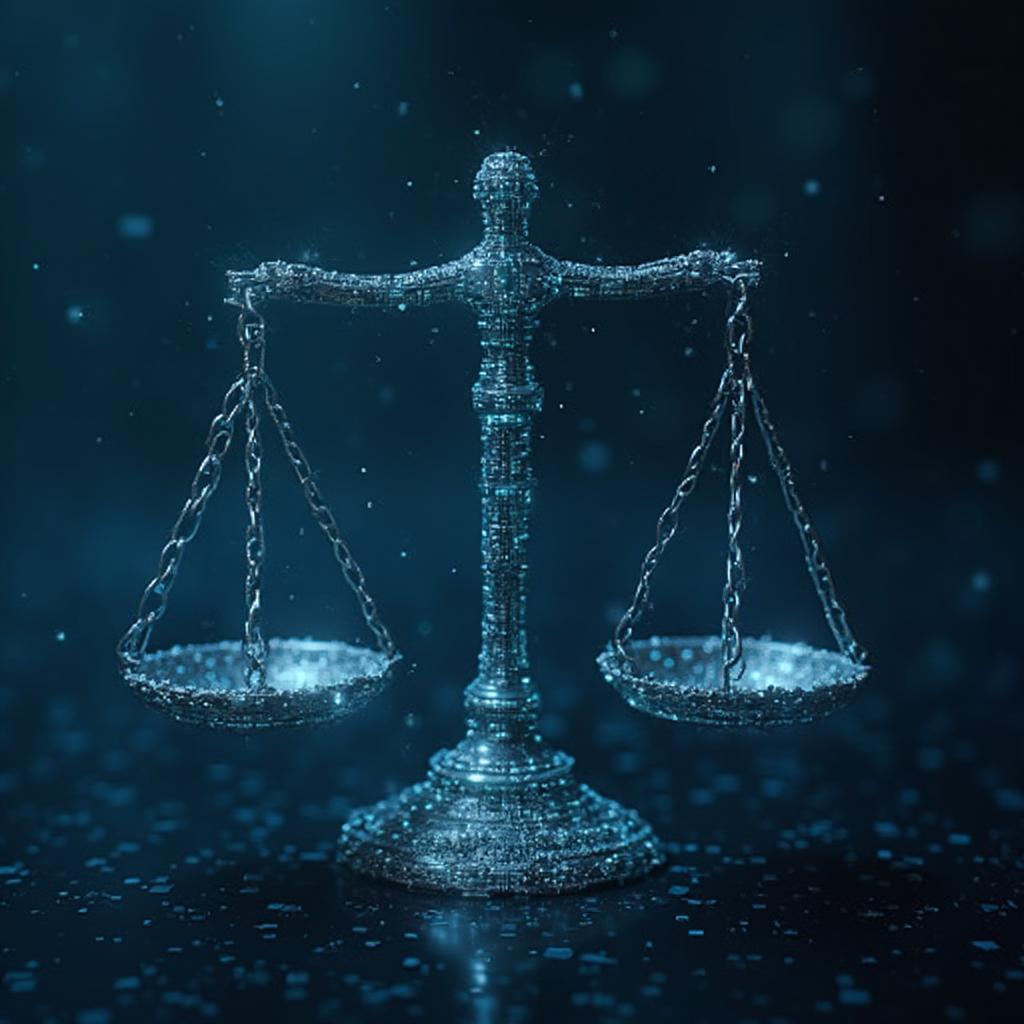
Lawyer Uses ChatGPT in Federal Court and It Goes Horribly Wrong
A lawyer’s use of ChatGPT in federal court recently backfired spectacularly, highlighting the dangers of relying on AI for legal research. This incident raises serious questions about the ethical implications and practical risks of using AI tools in legal proceedings. The case serves as a stark warning to legal professionals about the importance of verifying information from any source, especially those as novel and untested as AI chatbots.
The Perils of AI-Generated Legal Research
The incident involved a lawyer who used ChatGPT to research legal precedents for a case. The AI chatbot confidently provided case citations, which the lawyer then presented to the court. Unfortunately, these citations turned out to be entirely fabricated. The judge, upon further investigation, discovered that the cases cited simply did not exist. This blunder resulted in sanctions for the lawyer and significant damage to their reputation. The case highlights the inherent limitations of AI chatbots in conducting accurate and reliable legal research.
While AI tools can be beneficial for brainstorming, drafting initial documents, and understanding complex legal concepts, they should never replace thorough human review and verification. Legal research requires a nuanced understanding of case law, statutes, and legal principles, something current AI technology cannot fully grasp. Chatbots are trained on vast amounts of text data, but they lack the critical thinking and analytical skills necessary to distinguish between relevant and irrelevant information, or to assess the credibility of a source.
 ChatGPT Legal Research Gone Wrong
ChatGPT Legal Research Gone Wrong
Ethical and Practical Implications for Lawyers
The use of AI in legal proceedings raises several ethical concerns. Firstly, lawyers have a duty to provide accurate information to the court. Relying on unverified information from AI chatbots violates this fundamental principle. Secondly, there are concerns about transparency and accountability. If an AI chatbot provides incorrect information, it can be difficult to determine who is responsible: the lawyer, the software developer, or the AI itself? This lack of clarity raises serious questions about professional responsibility and liability.
From a practical standpoint, using AI chatbots for legal research can be incredibly risky. These tools are still in their early stages of development and are prone to errors. They can generate plausible-sounding but ultimately false information, leading to disastrous consequences in a legal setting. Furthermore, the use of AI can create a false sense of security, leading lawyers to rely too heavily on the technology and neglect traditional research methods.
 Ethical Implications of AI in Legal Settings
Ethical Implications of AI in Legal Settings
How to Avoid a ChatGPT Courtroom Disaster
To avoid the pitfalls of using AI in legal research, lawyers should adhere to the following best practices:
- Always verify: Double-check any information provided by an AI chatbot using traditional legal research methods.
- Use AI as a supplement, not a replacement: AI can be a useful tool for brainstorming and generating initial ideas, but it should never replace thorough human review and analysis.
- Stay updated on ethical guidelines: Familiarize yourself with the latest ethical guidelines regarding the use of AI in legal practice.
- Exercise caution and skepticism: Be aware of the limitations of AI and approach information generated by chatbots with a healthy dose of skepticism.
- Focus on human expertise: Legal research requires critical thinking, analytical skills, and a nuanced understanding of the law. These skills are best provided by experienced legal professionals.
 Lawyer Verifying AI-Generated Research
Lawyer Verifying AI-Generated Research
Conclusion
The case of the lawyer using ChatGPT in federal court serves as a cautionary tale. While AI has the potential to transform many aspects of the legal profession, it’s crucial to use these tools responsibly and ethically. Relying solely on AI-generated legal research is a recipe for disaster. Lawyers must prioritize thorough verification and maintain their commitment to providing accurate information to the court. By combining the strengths of AI with human expertise and judgment, we can harness the power of technology while upholding the integrity of the legal system.
FAQ
- Can ChatGPT replace legal research assistants? No, ChatGPT should not replace human legal research assistants. While it can be a useful tool, it lacks the critical thinking and analytical skills necessary for thorough legal research.
- Is it ethical to use ChatGPT for legal writing? Using ChatGPT for initial drafting or brainstorming can be ethical, but lawyers must ensure that all information is verified and that the final work product reflects their own legal judgment.
- What are the risks of using AI in legal proceedings? The primary risks include relying on inaccurate information, violating ethical obligations, and creating a false sense of security.
- How can lawyers use AI responsibly in their practice? Lawyers should use AI as a supplement to, not a replacement for, traditional legal research methods. They should always verify information generated by AI tools and stay updated on ethical guidelines.
- What are the potential benefits of AI in the legal field? AI can potentially improve efficiency, reduce costs, and provide access to legal information for a wider range of people. However, these benefits must be balanced against the potential risks.
- What are the implications of this incident for the future of AI in law? This incident highlights the need for clear ethical guidelines and regulations regarding the use of AI in legal practice. It also underscores the importance of ongoing education and training for lawyers in this rapidly evolving field.
- How can I learn more about the ethical use of AI in law? Consult with legal ethics experts, stay informed about relevant case law and regulations, and participate in continuing legal education programs focused on AI and its implications for the legal profession.




